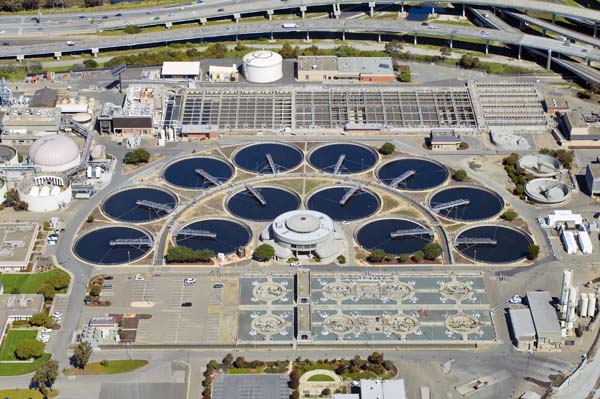By now we’ve heard plenty about the difficulty of accessing widespread testing for the coronavirus. However, there is another approach for municipalities who want to know the presence and extent of the COVID-19 virus in their community…
Sewage.
Ten counties, coordinated by the East Bay Municipal Utility District, are giving samples of sewage water to researchers at Stanford for testing. The scientists have received samples once a week for about the past two months, and results are expected soon.
The virus begins to show up in feces soon after infection, and according to some studies, well before the development of symptoms. That’s a pretty early warning compared to one given by, say, a diagnostic test.
Eileen White, director of wastewater for East Bay MUD, is spearheading the effort, hoping it will provide information that officials can use.

